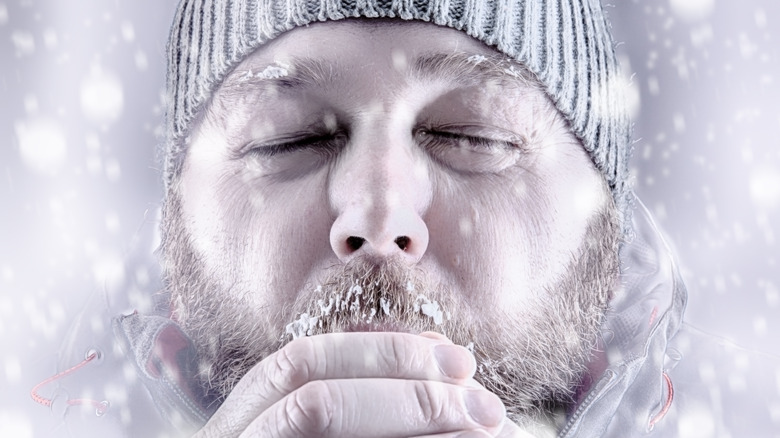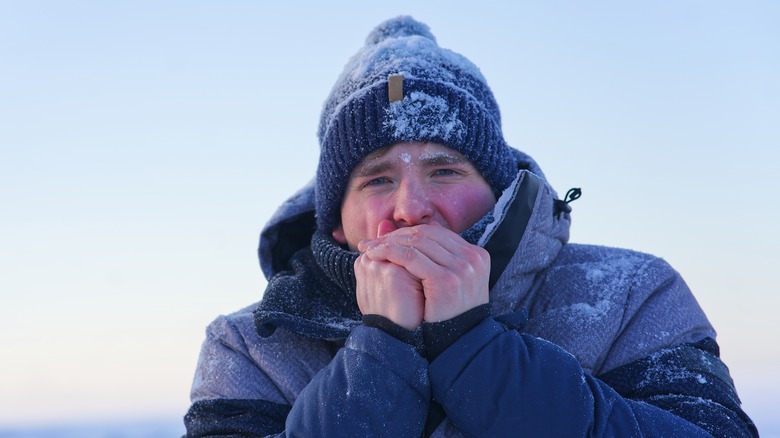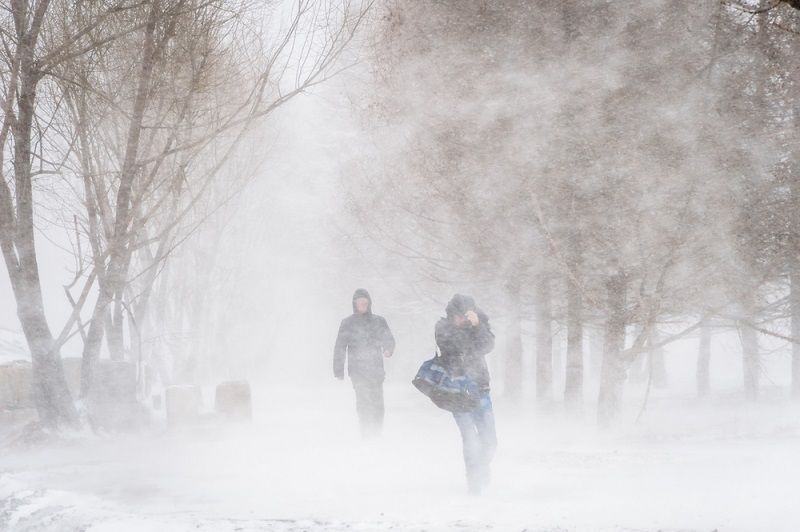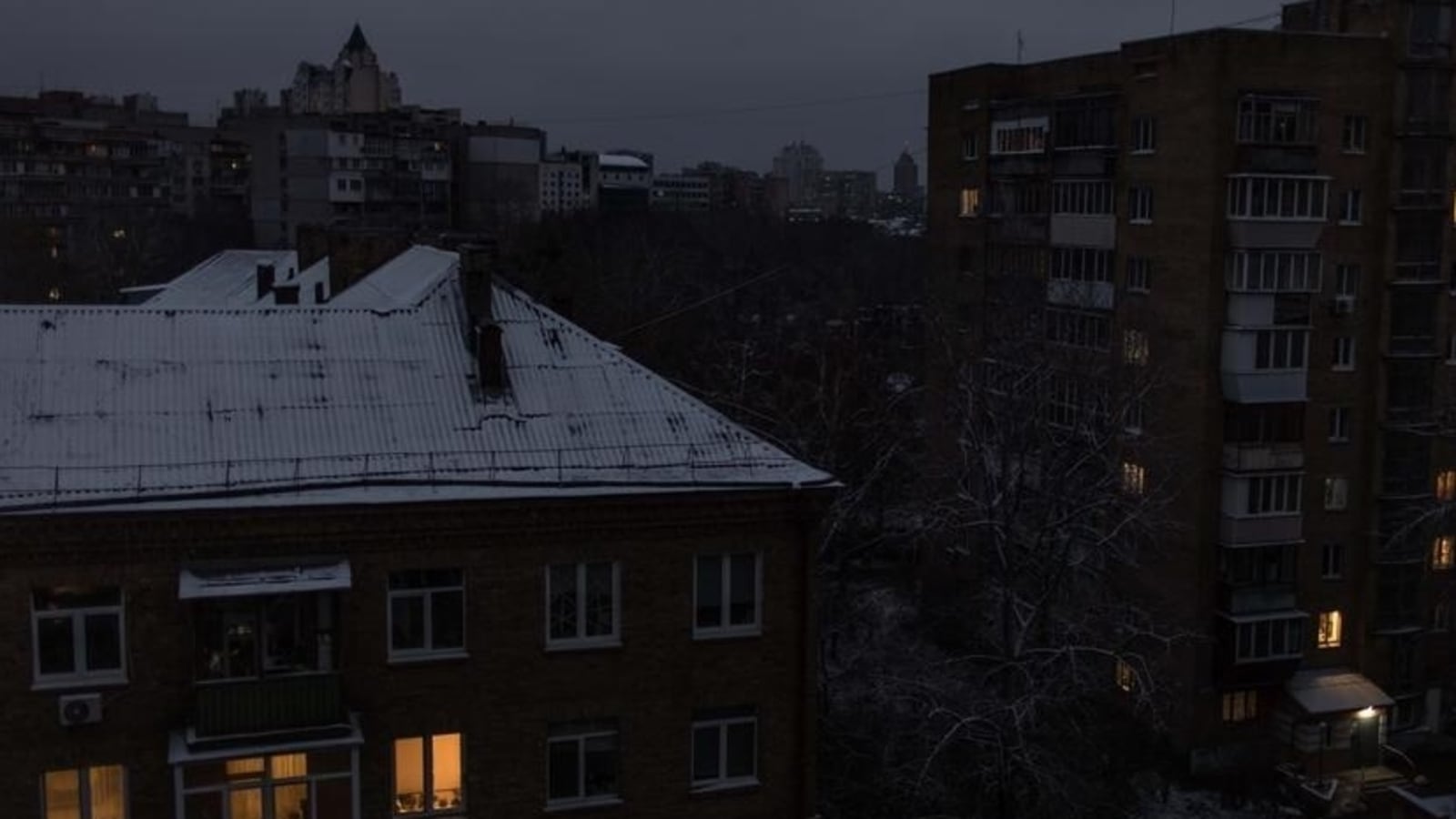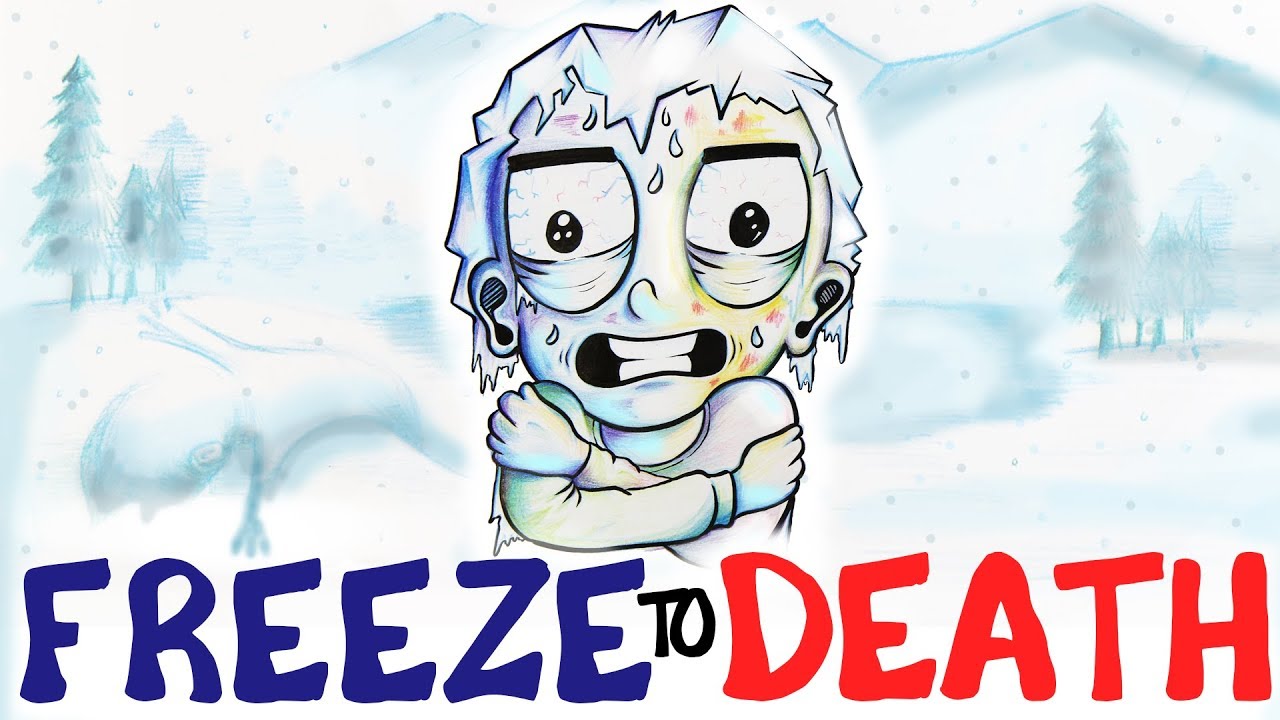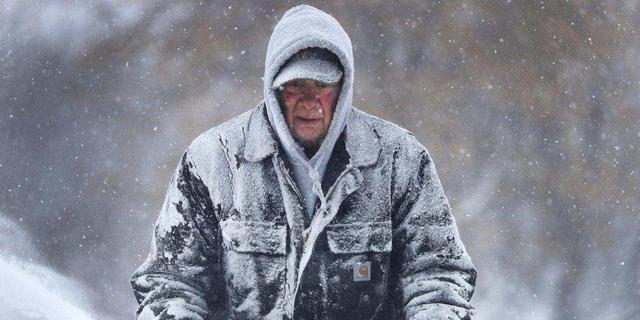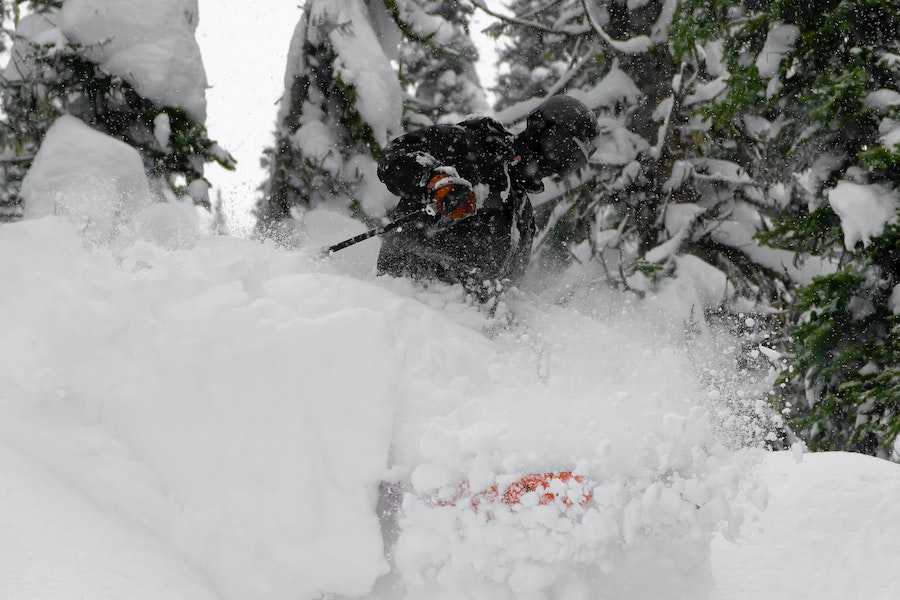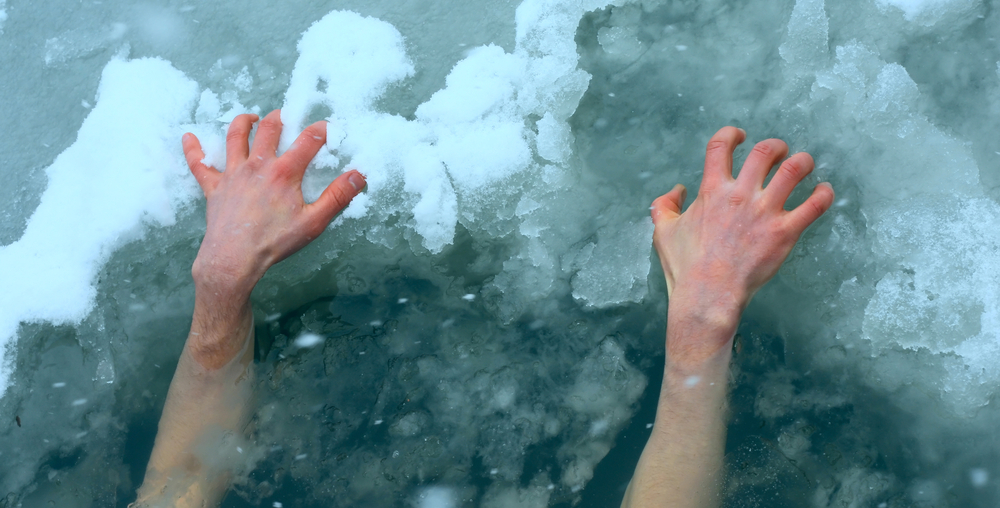Is It Painful To Freeze To Death
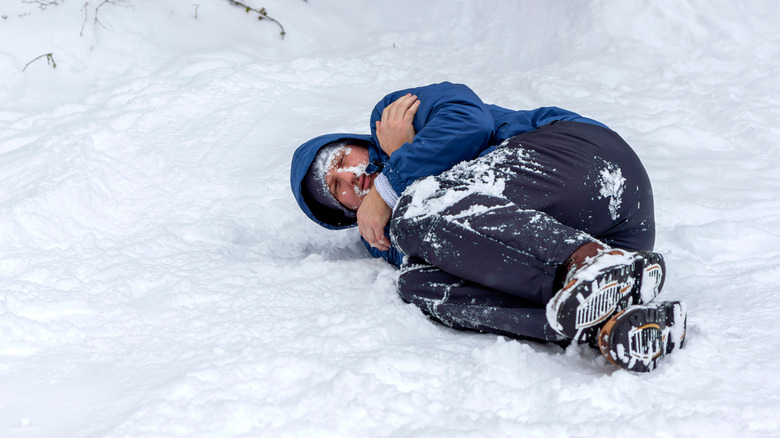
Imagine a winter landscape, snow falling softly, blanketing the world in pristine white. The air is crisp, carrying the scent of pine and the promise of a cozy fire. But imagine being lost in that scene, the beauty slowly turning menacing as the cold seeps into your bones, a chilling realization that this enchanting vista could become your final resting place.
The question of whether freezing to death is painful is a complex one, with answers that are more nuanced than a simple yes or no. While the initial stages involve shivering and discomfort, the later stages can bring about a surprising sense of euphoria and detachment, making the experience less agonizing than one might expect. This article explores the physiological processes involved in hypothermia and the subjective experiences reported by those who have survived or studied near-death experiences, providing a comprehensive look at the final moments of life in extreme cold.
The Initial Stages: Shivering and Confusion
When the body is exposed to cold, its first response is to conserve heat and generate more through shivering. Shivering is an involuntary muscle contraction, a physical manifestation of the body's desperate attempt to maintain its core temperature. This stage is undeniably uncomfortable, characterized by intense cold and a feeling of unease.
As the body continues to lose heat, more severe symptoms begin to emerge. Confusion, disorientation, and impaired judgment set in, making it increasingly difficult for the individual to think clearly or make rational decisions. This cognitive decline is due to the slowing of neural activity as the brain struggles to function in the cold.
According to the National Weather Service, hypothermia can occur even at relatively mild temperatures, especially if someone is wet or exposed for extended periods. Early recognition of these symptoms is crucial for survival.
The Paradox of Undressing and Terminal Burrowing
One of the most perplexing phenomena associated with hypothermia is paradoxical undressing. This occurs when a person, feeling intensely hot despite the freezing temperatures, begins to remove their clothing. It's a counterintuitive reaction that has baffled medical professionals for years.
The precise cause of paradoxical undressing is not fully understood, but one theory suggests that as the body's temperature drops, blood vessels near the skin's surface dilate in a final attempt to warm the extremities. This sudden rush of warm blood can create a sensation of intense heat, leading the individual to believe they are overheating.
Another strange behavior observed in cases of severe hypothermia is terminal burrowing, also known as "hide-and-die" syndrome. This involves an uncontrollable urge to find a small, enclosed space, such as under a bed or behind furniture, to hide in. Some researchers believe this behavior is a primitive, instinctual response triggered by the body's desperation to conserve heat.
The Descent into Unconsciousness
As the body's core temperature continues to plummet, the individual will eventually lose consciousness. This is a critical point, as the body's vital functions begin to shut down. Breathing becomes shallow and irregular, and the heart rate slows dramatically.
The experience of losing consciousness in this state is often described as peaceful and dreamlike. Some individuals report a sense of detachment from their body, a feeling of floating or drifting away. Others describe vivid hallucinations or out-of-body experiences.
"The feeling of cold can transition into a sense of numbness, and then into a feeling of dissociation. The body is shutting down, and with that shutdown, pain receptors may not be functioning as efficiently," explains Dr. Sarah Jones, a specialist in emergency medicine.
The Role of Endorphins and Brain Activity
The surprising lack of pain in the later stages of hypothermia may be due to the release of endorphins, the body's natural painkillers. As the body undergoes extreme stress, it releases these chemicals to help cope with the trauma, potentially masking the pain associated with freezing.
Furthermore, the slowing of brain activity in hypothermia can also contribute to a diminished perception of pain. As the brain's functions are impaired, its ability to process and interpret pain signals is reduced, resulting in a less intense experience.
However, it's important to note that these are subjective experiences, and not everyone will experience the same sensations during the final stages of hypothermia. Some individuals may still experience pain and discomfort, while others may not remember anything at all.
Survival and the Aftermath
Survival after prolonged exposure to extreme cold is possible, although it often comes with significant health consequences. Frostbite, nerve damage, and organ failure are just some of the potential complications.
The Swiss Staging System is a commonly used method for assessing the severity of hypothermia. This system takes into account factors such as body temperature, level of consciousness, and vital signs to determine the appropriate course of treatment.
Even with prompt medical attention, the recovery process can be lengthy and challenging. The long-term effects of hypothermia can include chronic pain, memory loss, and emotional distress.
A Moment of Reflection
While the prospect of freezing to death is undeniably frightening, the scientific evidence suggests that the experience may not be as agonizing as one might imagine. The body's natural defense mechanisms, combined with the altered state of consciousness, can lead to a surprising sense of peace and detachment.
Nevertheless, it's crucial to remember that prevention is always the best approach. Taking precautions to stay warm and dry during cold weather, being aware of the symptoms of hypothermia, and seeking immediate medical attention if needed can save lives.
Ultimately, the question of whether freezing to death is painful is a reminder of the human body's incredible resilience and adaptability. It's a testament to our ability to endure even the most extreme conditions, and a call to appreciate the warmth and comfort that we often take for granted. May we always strive to protect ourselves and others from the dangers of the cold, and cherish the fleeting moments of warmth and connection in a world that can sometimes feel overwhelmingly frigid.

